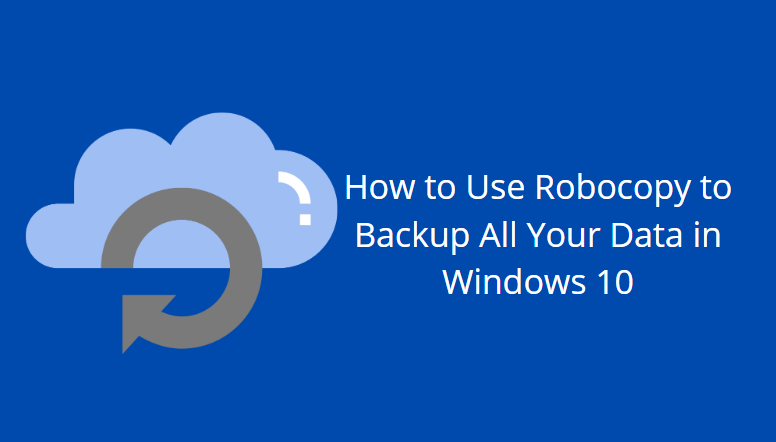Choosing the best hosting service can be a critically important decision for businesses, bloggers, and developers alike. While performance, uptime, and scalability matter immensely, pricing often becomes the deciding factor, especially for small businesses and individuals just starting out. The cost of hosting can vary significantly depending on the type of service, features offered, and the provider themselves. This variation can influence the overall decision of what is considered the “best” hosting for a particular user.
Pricing affects hosting decisions in more ways than sheer affordability. It has a direct correlation with the included services, customer support, and server resources. For example, a low-cost hosting plan may sacrifice speed or customer support quality, while a premium service may offer fully managed solutions with dedicated resources.
Types of Hosting and Their Pricing Models
Understanding how different hosting types are priced helps clarify how much a user is expected to pay and what value they receive in return.
- Shared Hosting: The most affordable option, suitable for personal websites, blogs, and small businesses. Prices often range between $2 to $10 per month.
- VPS Hosting: This option provides more control and resources, priced typically between $20 to $100 per month.
- Dedicated Hosting: A high-end solution where a website has its own server. Plans usually start at $80 and can go well beyond $300 per month.
- Cloud Hosting: Known for scalability and flexibility. Prices are often pay-as-you-go, starting around $10 per month.
- Managed WordPress Hosting: Optimized for WordPress, these plans come with extra tools and support. Prices range from $20 to $100+ per month.

How Pricing Reflects Performance and Features
Although attractive up-front costs may seem appealing, extremely low-priced hosting services might come with several compromises such as limited bandwidth, throttled server speed, and sparse customer support. On the other hand, higher-priced services often include features like:
- Automatic backups
- Premium security measures
- Advanced caching and performance optimization tools
- Guaranteed uptime SLA
- 24/7 live support and technical assistance
It’s crucial to compare what each provider includes at each pricing tier. While two providers might offer a $10/month plan, one could include SSL certificates, while another might charge extra for them.
Affordability vs. Value
Affordability does not always mean lesser value, especially when a hosting company designs its infrastructure around efficiency and user experience. Providers like SiteGround and Bluehost offer feature-rich shared hosting at lower costs, while premium solutions like WP Engine and Kinsta justify their higher prices with exceptional speed, security, and support.
Ultimately, the value-for-money aspect is critical. Small businesses focused on ROI must consider what they are gaining for every dollar spent, especially if web hosting is a critical part of their digital presence.

Long-Term Cost Considerations
Many hosting companies offer promotional pricing to entice new customers. These rates typically increase significantly after the first billing cycle. A $2.95/month plan may jump to $9.99/month upon renewal. Calculating the long-term expense and determining whether the provider offers consistent value over years is crucial in choosing a reliable host.
Additionally, customers should assess cancellation policies, refund terms, and upgrade costs to avoid hidden fees in the long run.
Conclusion
While pricing plays a pivotal role in hosting decisions, it should not be viewed in isolation. The best hosting service balances cost with performance, reliability, and support. Those seeking budget options may prioritize lower cost, but businesses looking for enhanced speed and control should be prepared to invest more for premium services. Ultimately, the “best” host is the one that aligns pricing with user needs and long-term goals.
FAQs
-
Q: Is more expensive hosting always better?
A: Not necessarily. While higher-priced hosting generally comes with more features and better support, some lower-cost providers offer excellent value for simple websites. -
Q: What are hidden costs I should be aware of?
A: Watch for higher renewal rates, charges for SSL certificates, backups, and site migrations. -
Q: Should I start with shared hosting and upgrade later?
A: Yes, many users begin with shared hosting. As traffic and needs grow, upgrading to VPS or cloud hosting is a logical next step. -
Q: How do I compare hosting plans effectively?
A: Compare based on disk space, bandwidth, uptime guarantees, support options, and any included extras like a free domain or email. -
Q: Are there reliable free hosting options?
A: Free hosting exists but is often extremely limited and unreliable for professional use. It is best reserved for testing or learning.





